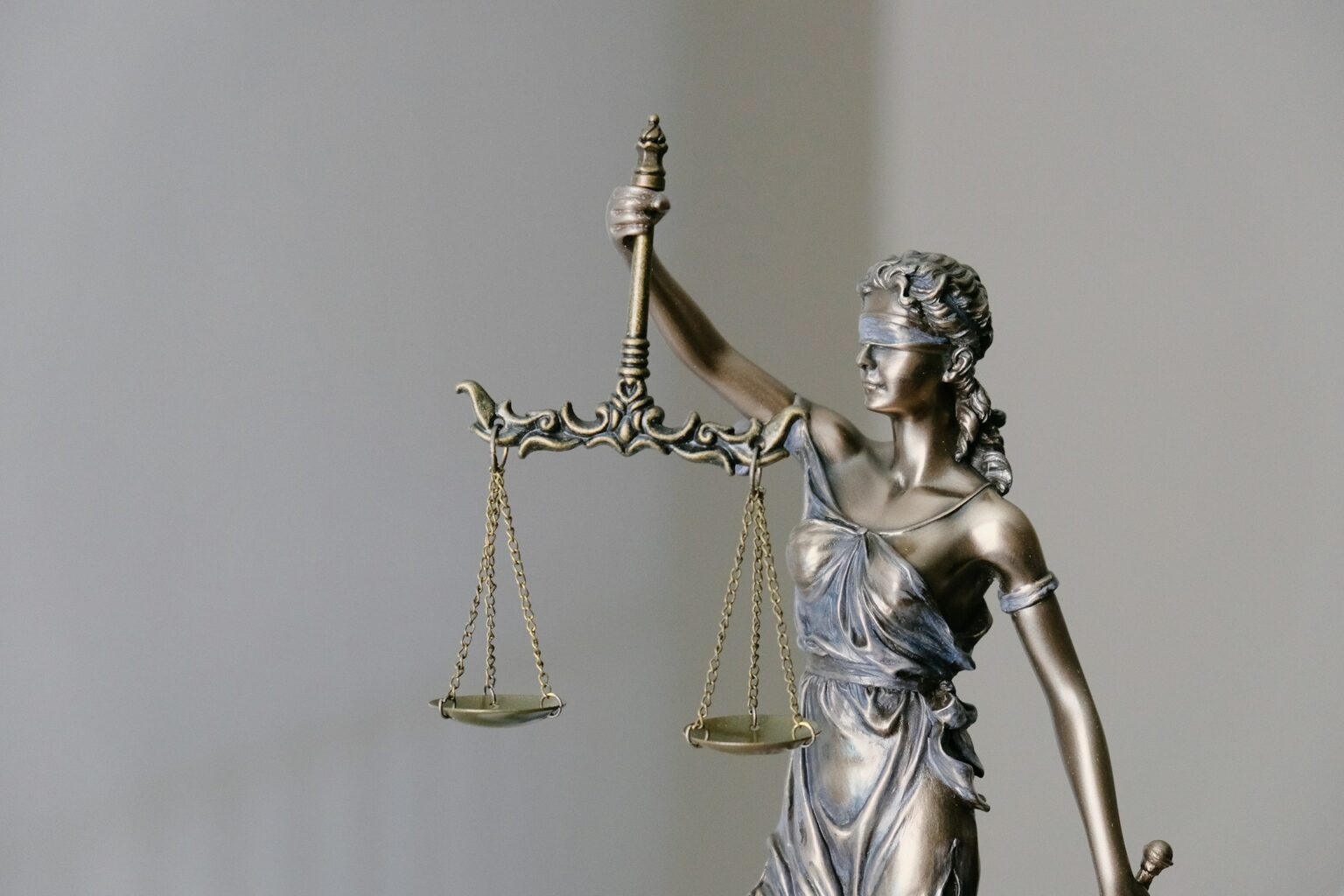In recent years, the evolving landscape of digital currencies has presented both opportunities and challenges for investors and regulatory bodies. As the popularity of cryptocurrencies continues to rise, so does the prevalence of fraudulent activities within the market. In response to these growing concerns, Illinois has taken decisive steps to establish comprehensive legal frameworks aimed at safeguarding consumers and fostering responsible innovation in the digital asset sector.
Illinois Strengthens Consumer Protections with Crypto Regulation Bill
The Illinois Senate is making strides to bolster consumer protections in the digital asset realm. Recently, the Senate Executive Committee approved Senate Bill 1797, known as the Digital Assets and Consumer Protection Act, initially proposed by State Senator Mark Walker. This legislation is co-sponsored by Senators Karina Villa, Rachel Ventura, and Mike Porfirio, with a mission to mitigate the significant financial losses attributed to cryptocurrency fraud within the state.
Under this new bill, the Illinois Department of Financial and Professional Regulation (IDFPR) would assume a pivotal role, overseeing regulatory compliance for crypto businesses. This measure aims to eliminate deceptive business practices while encouraging legitimate investment activities within the state. “Digital assets offer financial opportunities, but they also pose risks of fraud and bankruptcy,” noted Senator Walker, emphasizing the need for regulatory oversight to ensure integrity and trust in the market.
The legislation outlines a phased implementation approach, granting businesses until January 2027 to comply with all regulatory requirements. This includes mandatory registration with the IDFPR, transparency in transactions, and robust consumer fraud prevention initiatives. The IDFPR would be empowered to investigate and penalize non-compliant entities, thus establishing a secure and trustworthy environment for investors.
Illinois Pursues Strategic Bitcoin Reserve
In a parallel move, Illinois is exploring the integration of Bitcoin into its financial strategy. Introduced by State Representative John Cabello, House Bill 1844, or the Strategic Bitcoin Reserve Act, aims to establish a state-owned Bitcoin reserve overseen by the Illinois State Treasurer. This initiative is designed to position Bitcoin as a strategic financial asset within the state’s treasury.
The legislation proposes the creation of a designated fund for Bitcoin acquisitions, enabling the state to receive Bitcoin donations and gifts. According to the bill, any Bitcoin deposited into this fund must remain intact for a minimum of five years, ensuring long-term stability. Biennial reports will detail the reserve’s status, including Bitcoin quantities and their market value, providing transparency and accountability.
Despite its visionary objectives, the Strategic Bitcoin Reserve Act has yet to advance in the legislative process, currently under consideration by the House Rules Committee.
What impact will the Digital Assets and Consumer Protection Act have on crypto businesses in Illinois?
The Digital Assets and Consumer Protection Act will enforce stricter compliance requirements for crypto businesses operating in Illinois. These regulations are designed to protect consumers from fraud while promoting responsible growth in the digital asset market. Companies must register with the Illinois Department of Financial and Professional Regulation, adhere to transparency standards, and implement anti-fraud measures.
How does the Strategic Bitcoin Reserve benefit Illinois?
The Strategic Bitcoin Reserve aims to position Illinois as a forward-thinking state in the digital economy. By creating a Bitcoin reserve, Illinois can better manage financial risks, attract crypto investments, and potentially capitalize on the long-term appreciation of Bitcoin as a financial asset.
What are the potential risks of investing in Bitcoin reserves?
Investing in Bitcoin reserves carries inherent risks such as price volatility and regulatory changes. To mitigate these risks, Illinois plans to hold Bitcoin deposits for a minimum of five years, offering some protection against short-term market fluctuations. Additionally, comprehensive risk assessments and strategic planning are essential to navigate the evolving crypto landscape responsibly.
This comprehensive guide delves into Illinois’ legislative measures to regulate digital assets, detailing the state’s strategic initiatives and future implications. The FAQs offer additional insights, assisting readers in understanding the broader impacts and potential benefits of these legislative actions.

